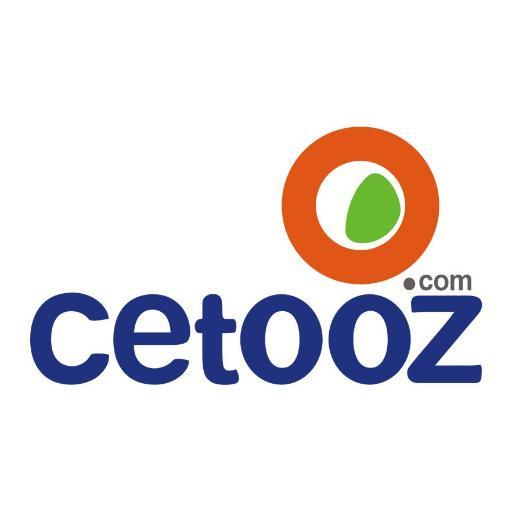Is DealDey and Gloo Online Stores Shutting Down?
As another leading e-commerce platform in Nigeria will be
closing shop barely a month after DealDey shut down, industry insiders
highlight major constraints before the sector with logistics topping the list.
As at the time of writing this report, the Deal Day online store (https://www.dealdey.com/) is currently empty with no products currently listed.
Gloo will be shutting down next month after seven years of operation, according to its founder, Olumide Olusanya.
Olusanya
cited the 2016 recession and its impact on Nigeria’s economy as one of the
reasons for the shutdown.
Francis
Oguaju, tech business advisor at Emerging Idea and Business Services, top-class
supply and demand chains and informed consumers are key to success.
“The logistics challenges on the distribution side of the
operations are well known: no functional postal service at scale; most
residential areas do not have structured physical addresses that are easily
identifiable; and the transportation infrastructures are largely primitive
here. Beyond the logistical challenges, you now have a human challenge.”
“There is a huge gap in the level of education and awareness among the public especially when it comes to using technology for commerce. To really find success at scale, you must bridge that gap. Many people with decent purchasing power are not even online or do not trust the web. So you must invest in building confidence and bringing large swathes of them online.”

Oguaju maintains that e-commerce businesses in Nigeria need not copy what is obtainable in the US and Europe where the supply and delivery chains are guaranteed. Rather, they should build reliable distribution networks that will not extend delivery periods beyond expected timeline to avoid doubts creeping in.
Adeshina
Adewumi of Proville Business Solutions supports the logistics angle. He says
the high cost of logistics associated with operating an e-commerce brand in
Nigeria and Africa has to be resolved first.
“The
proposed way forward is to drive a lasting solution around this high cost of
logistics and turnaround time for delivery by adapting the Uber model to the
e-commerce space thus driving community e-commerce rather than the existing
model which we currently run in Africa,” he said citing a new platform, 59
One Kiosk Africa that will seek to deliver not beyond 1-2km of order location
within 59 minutes.
Oguaju
points out that sound corporate governance and great customer experience
including offering the two principal advantages of e-commerce – lower prices
and convenience – to get consumers to shop online.
He
adds that any workable model must also have substantial capital investment for
a considerable period of time before expecting returns and enough patience to
excel in Nigeria’s e-commerce space.
These insights are just like what we envisaged in 2014 after we launched our first online business model by the Twitter handle: @cetoozonline
Logistics, supply of quality products and trust was among the factors we discovered after working for some months.

This article first appeared on Itwebafrica.com












Comment (1)
This is well written and gives insight for newbies